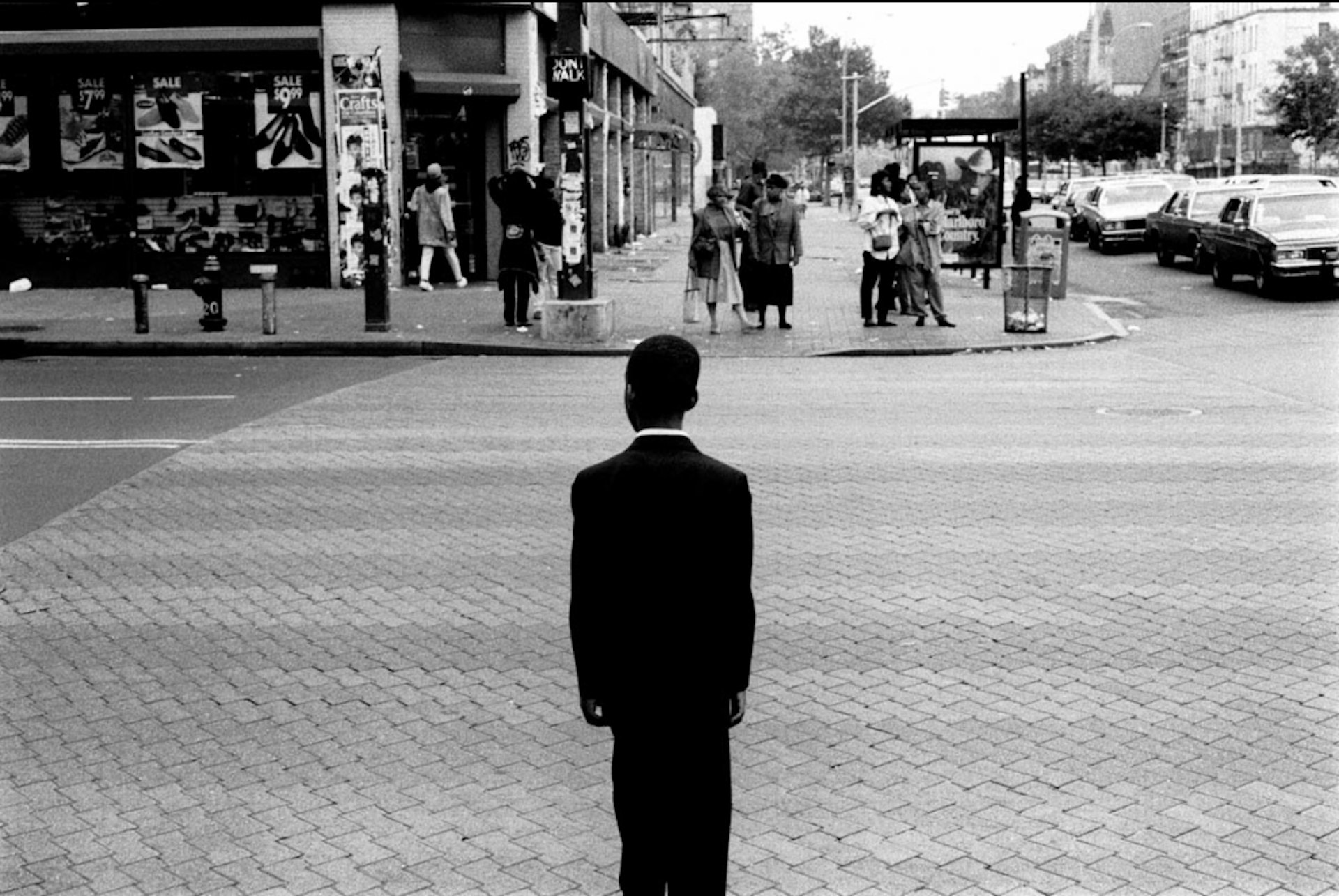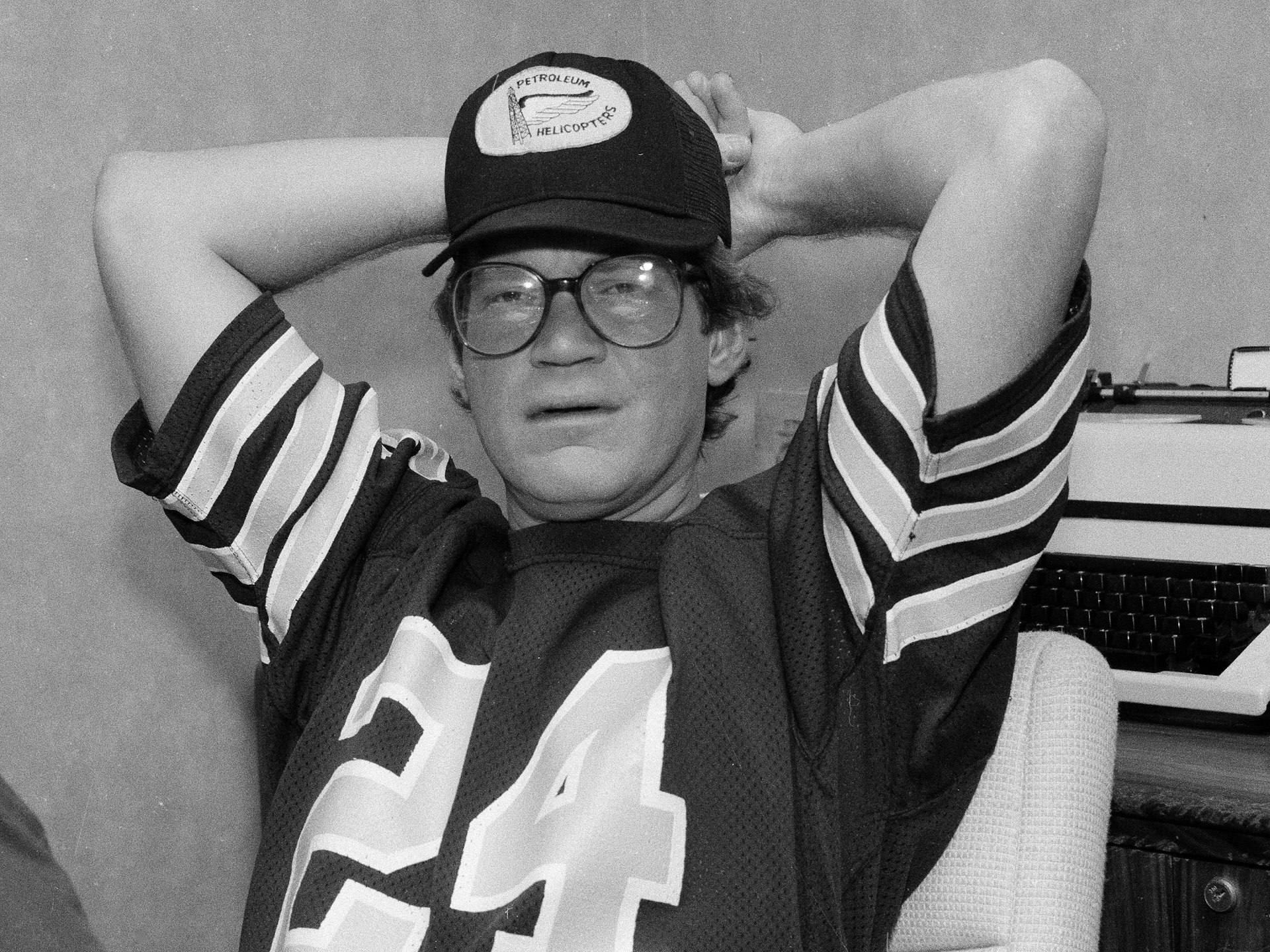
Photographer Ozier Muhammad documented the stength and struggle of the civil rights movment
- Text by Andrea Kurland/Huck HQ
Huck’s Fiftieth Special collects lessons learned and creative advice from fifty of the most inspiring people we know. Each day we’ll be sharing a new excerpt from the magazine. Today, Pulitzer Prize-winning photojournalist Ozier Muhammad talks about documenting a culture that the mainstream media chose to ignore.
#12 – Ozier Muhammad
Ozier Muhammad grew up in 1960s Chicago surrounded by urgent voices. The grandson of Elijah Muhammad – a founder of the Nation of Islam – Ozier witnessed the civil rights movement bloom throughout his youth, both firsthand and through the African American press. As a teen, he took up a camera to join the photographers he admired who were ostensibly quarantined off from white-owned corporate news. Over the course of his career, starting out in the black press, he’s helped those boundaries break. The images Ozier captured of political pinch points made front page news – from South Africa’s first free elections in 1994, to Obama’s 2008 campaign. But it’s the quiet moments he caught at home, wandering through the streets of Harlem, that capture most intimately what he’s been striving for all along: a voice for his own community.
“I’ve always tried to look at the African American community in the most honest way I could. Every community has its beautiful aspects and its problematic ones. The ugly and the beautiful. I tried to preserve in imagery some of the things that moved me, like witnessing the struggle of a people, to show viewers that this is simply an attempt to convey a fluid situation. But I also loved documenting the cultural impact – photographing jazz musicians, or walking up and down 125th Street, the main thoroughfare through Harlem, documenting people living their everyday lives. I wasn’t trying to be propagandistic or say, ‘Look how wonderful my people are.’ Just the act of paying attention to the African American community, just taking an interest was important to me.”
This is just a short excerpt from Huck’s Fiftieth Special, a collection of fifty personal stories from fifty inspiring lives.
Grab a copy now to read all fifty stories in full. Subscribe to make sure you don’t miss another issue.
